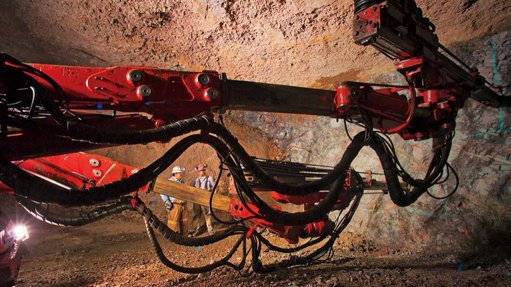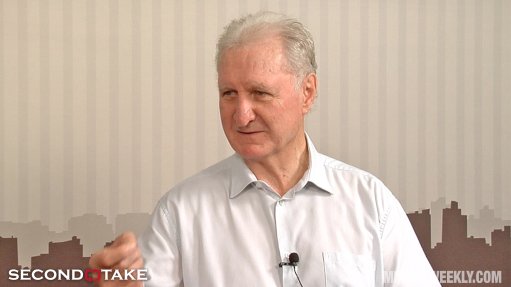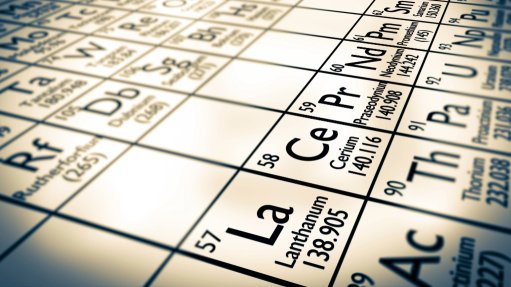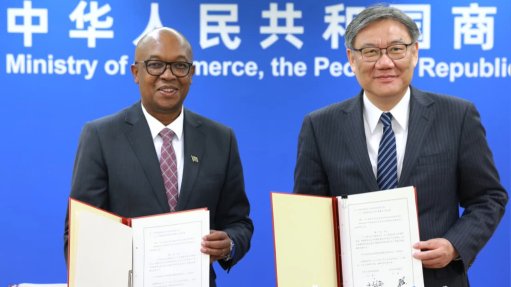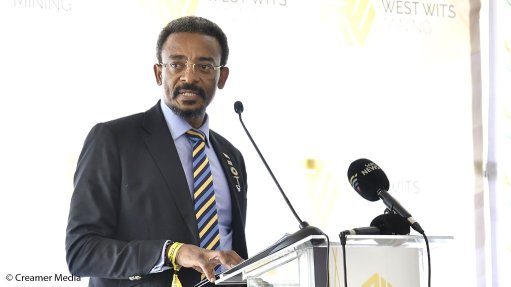Beyond special deals
The downward trajectory in Eskom’s sales to industrial customers over the past decade and a bit tells a tale of what happens when tariffs, which were too low for too long, are forced to correct too quickly. The State-owned utility’s industrial sales have dropped by about 16 TWh, from 90 TWh in 2007 to about 74 TWh currently, while electricity tariffs have increased by more than 500% over the period.
In a belated attempt to find a way of sustaining the competitiveness of power-reliant firms, Eskom initially mooted an industry tariff. The proposal was motivated partly to alleviate the stress on large customers, partly to sustain sales to customers that typically paid their bills and partly to extricate Eskom from previous, and unpopular, special pricing arrangements that had become unsustainable, notably the one extended to the Hillside aluminium smelter.
Besides the enormous 1 205 MW size of the KwaZulu-Natal smelter’s load, opponents are critical of both the tariff discount and its structure, the details of which were kept secret until 2013, when Media24’s Promotion of Access to Information Act application was eventually upheld by the courts.
The industry-tariff proposal has since evolved into an updated Negotiated Pricing Agreement (NPA) framework, approved by the Department of Mineral Resources and Energy last year. The framework allows Eskom and a qualifying customer to seek the approval of the regulator for a discounted tariff over a period of five to ten years.
The first NPA submitted to the regulator under this framework is a proposed ten-year deal between Eskom and South32’s Hillside smelter.
Eskom argues that the proposed NPA is superior to the previous 25-year special deal, as it is shorter, better priced and does not include the embedded-derivative risk associated with the previous deal’s linking of the tariff to the aluminium price and the rand:dollar exchange rate. In addition, it sustains a ‘strategic industry’ and Eskom’s biggest customer, whose account is up to date and whose load can be interrupted at times of grid stress.
The problem is that Hillside is far from being the only power- dependent South African enterprise in need of a better deal, with the ferrochrome sector having been particularly vocal about its growing lack of competitiveness. In theory, NPAs should be open to any industrial or mining company that has a minimum yearly consumption of 80 GWh and/or a load factor greater than 70%. In reality, however, Eskom is in no financial state to extend similar NPAs to many others.
In other words, NPAs are looking less and less like a sustainable remedy and South Africa should, thus, be moving with urgency to implement a broader and less discriminatory solution.
Part of the answer surely lies in liberating distributed- generation investments through a genuine reform to the Electricity Regulation Act that will allow energy-intensive firms to invest, wheel and trade power in a way that brings much-needed energy, price-path certainty and the benefits of economies of scale.
Article Enquiry
Email Article
Save Article
Feedback
To advertise email advertising@creamermedia.co.za or click here
Press Office
Announcements
What's On
Subscribe to improve your user experience...
Option 1 (equivalent of R125 a month):
Receive a weekly copy of Creamer Media's Engineering News & Mining Weekly magazine
(print copy for those in South Africa and e-magazine for those outside of South Africa)
Receive daily email newsletters
Access to full search results
Access archive of magazine back copies
Access to Projects in Progress
Access to ONE Research Report of your choice in PDF format
Option 2 (equivalent of R375 a month):
All benefits from Option 1
PLUS
Access to Creamer Media's Research Channel Africa for ALL Research Reports, in PDF format, on various industrial and mining sectors
including Electricity; Water; Energy Transition; Hydrogen; Roads, Rail and Ports; Coal; Gold; Platinum; Battery Metals; etc.
Already a subscriber?
Forgotten your password?
Receive weekly copy of Creamer Media's Engineering News & Mining Weekly magazine (print copy for those in South Africa and e-magazine for those outside of South Africa)
➕
Recieve daily email newsletters
➕
Access to full search results
➕
Access archive of magazine back copies
➕
Access to Projects in Progress
➕
Access to ONE Research Report of your choice in PDF format
RESEARCH CHANNEL AFRICA
R4500 (equivalent of R375 a month)
SUBSCRIBEAll benefits from Option 1
➕
Access to Creamer Media's Research Channel Africa for ALL Research Reports on various industrial and mining sectors, in PDF format, including on:
Electricity
➕
Water
➕
Energy Transition
➕
Hydrogen
➕
Roads, Rail and Ports
➕
Coal
➕
Gold
➕
Platinum
➕
Battery Metals
➕
etc.
Receive all benefits from Option 1 or Option 2 delivered to numerous people at your company
➕
Multiple User names and Passwords for simultaneous log-ins
➕
Intranet integration access to all in your organisation











